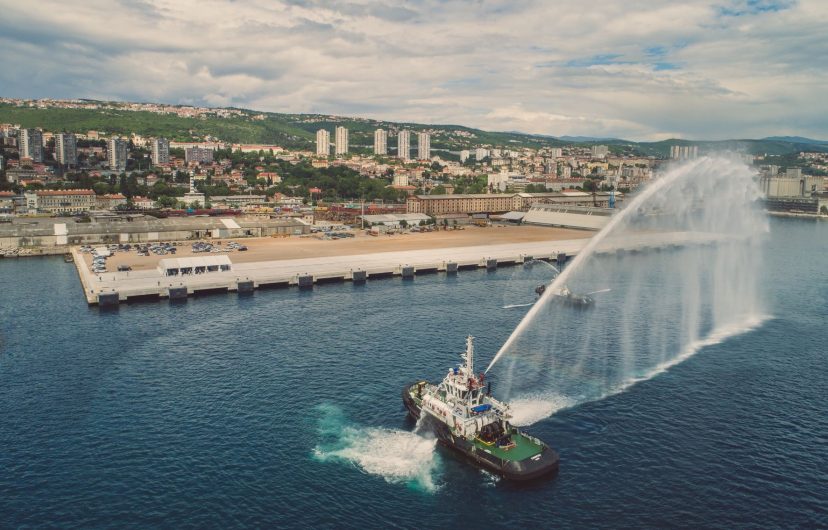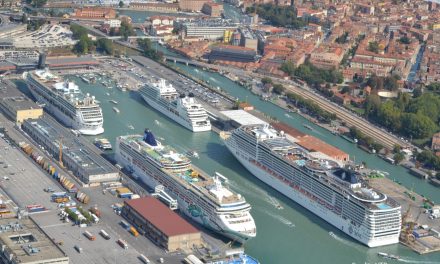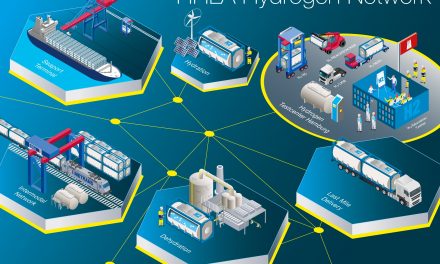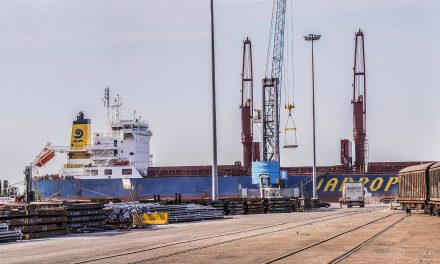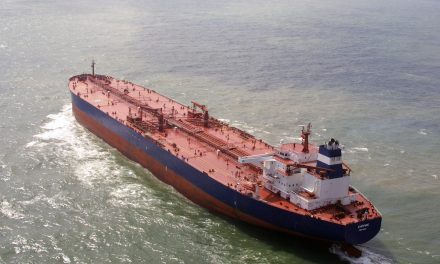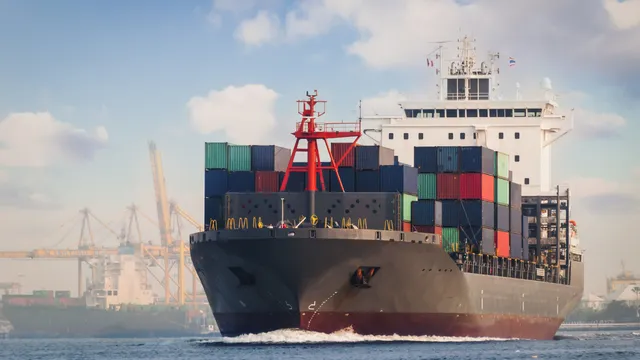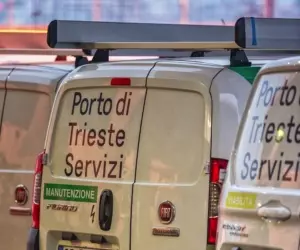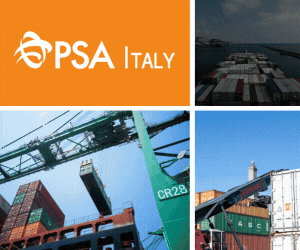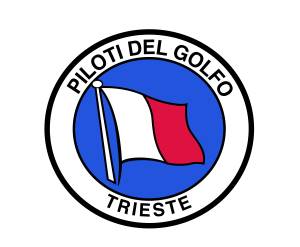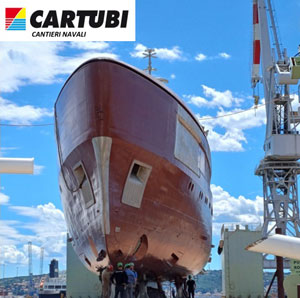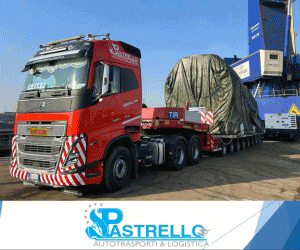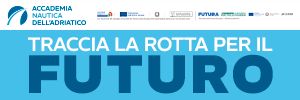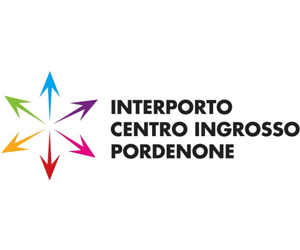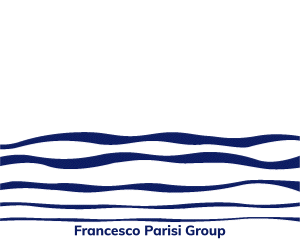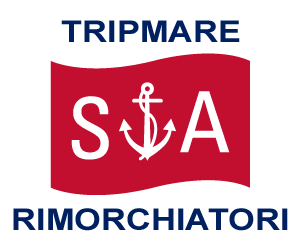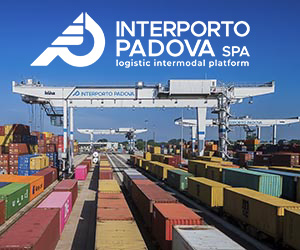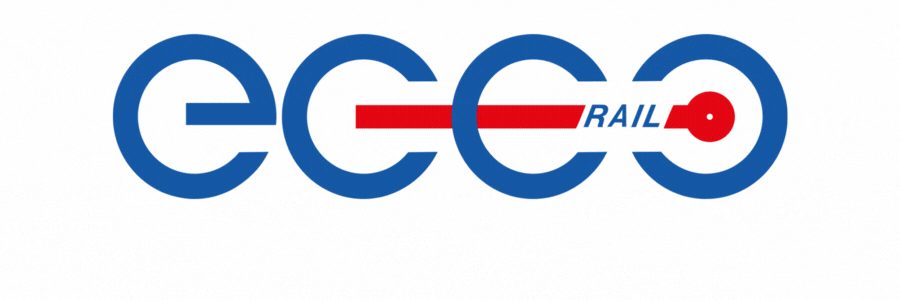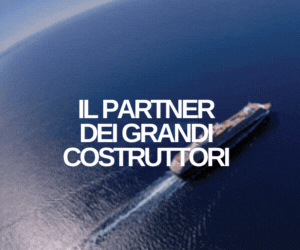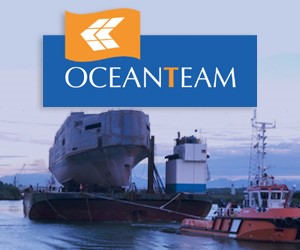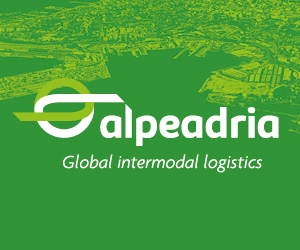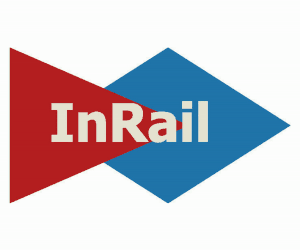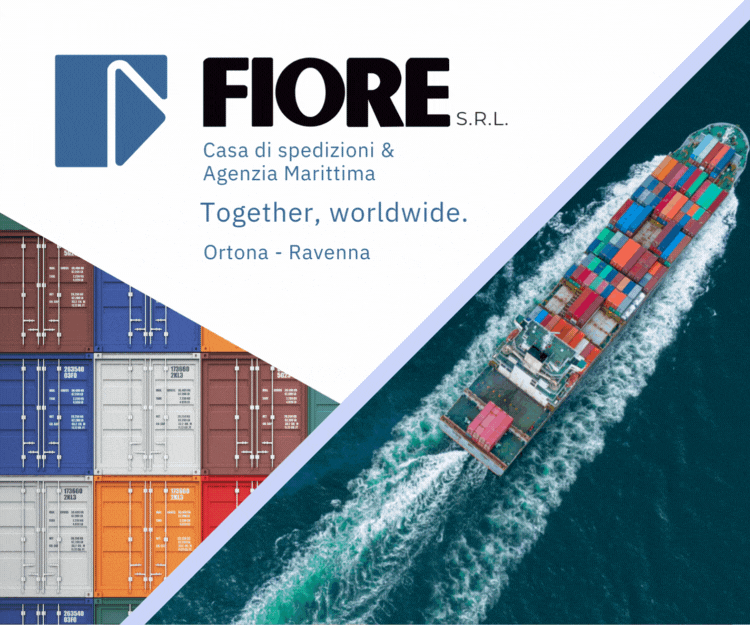TRIESTE – APM Terminals and ENNA formalize the project for the design, construction and operation of the new container terminal in Rijeka with the signature of the 50-year concession agreement for Rijeka Gateway, a joint venture between the two companies on the North Adriatic coast of Croatia.
The ceremony, attended by Croatian Prime Minister Andrej Plenković and Minster of Sea, Transport and Infrastructure Oleg Butković, marks the beginning of the construction phase for the new facility, expected to become operational within three years and a half when its first phase is expected to be completed. After completing Phase 2, both phases together will have a projected throughput of 1 055 000 TEU.
APM Terminals and ENNA form a strong partnership with a proven track record in terminal and intermodal operations with this joint venture. The future terminal will be part of APM Terminal’s global network while benefitting from ENNA’s deep understanding of the local market in Croatia.
Energia Naturalis (ENNA) manages approximately 20 companies owned by the Group, whose remarkable strength is the broad spectrum of its operations, ranging from trade and supply of natural gas to sustainable energy resources, to trading in oil products and other goods and investment projects and transport operations.
The Energia Naturalis group is one of the fastest-growing companies in Croatia and the region.
Once completed, the new terminal will have a berth length of 400 m (680 m after completion of Phase 2) and will be equipped with three ship-to-shore (STS) cranes (4 in total with Phase 2). These cranes, the largest currently available in the market, will make Rijeka Gateway capable of serving up to 24 000 TEUs vessels.
The challenge launched by Rijeka Gateway now moves beyond the commitment for the construction of the terminal to the issue of rail connections. The port of Rijeka, in fact, at present does not allow the rapid handling of such a high number of containers, as envisaged by the project.
If the railway connections were to be adequate in a short time, Rijeka would become a dangerous competitor for the nearby ports of Trieste and Koper because all three ports of call refer primarily to the markets of Eastern and Central Europe.
Port of Rijeka, APM Terminals signs concession agreement
